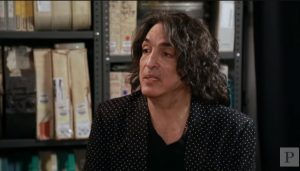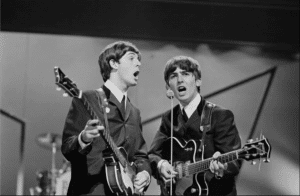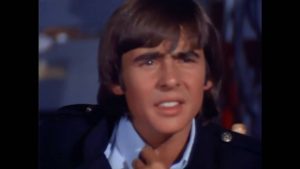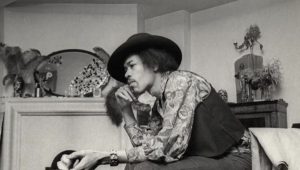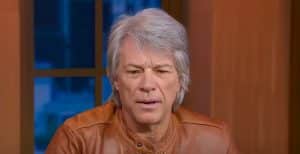The Only Times John Lennon Refused To Release Music
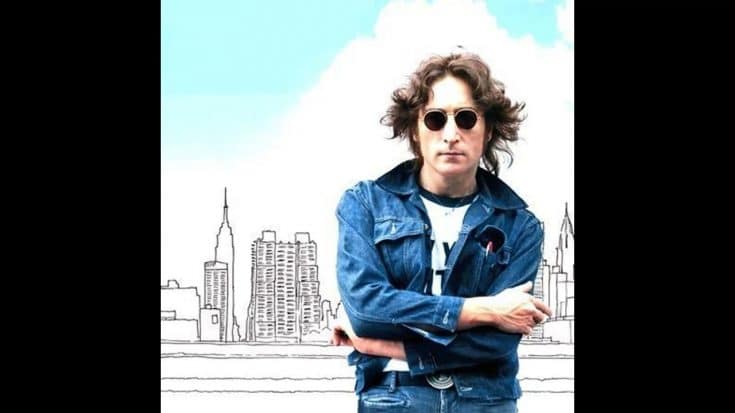
via The Beatles Archeology & Other Subjects / Youtube
Throughout his career, John Lennon’s music resonated with fans due to its profound emotional depth. However, there were instances when Lennon chose to withhold certain songs from release, leaving fans wondering about his motivations. In a revealing interview, Lennon shed light on his approach to personal songwriting and the two primary reasons that occasionally led him to keep his music hidden from the public eye.
The Quest for Authenticity
In the book “All We Are Saying: The Last Major Interview With John Lennon and Yoko Ono,” Lennon discussed his intention for his music to reach a wide audience. Rejecting the notion of the solitary artist who disregards public opinion, he emphasized his desire for his work to be seen and heard. When asked about personal songs that were too intimate to release, Lennon responded emphatically, stating that he never kept any songs unless he disliked the sound or felt they didn’t work. This assertion suggests that his decision to release or withhold music was not based on its emotional content but rather its artistic quality.
“Everything I’ve ever done’s out,” he said. “If I can sing it in the studio, to an engineer, I can sing it to anyone.”
The Myth of Total Disclosure
Despite Lennon’s claim that he released everything he created, evidence suggests that some songs remained unreleased during his lifetime. For instance, a song titled “Radio Peace” recorded by Lennon was never made public. Although Lennon’s statement may be interpreted as an exaggeration, it highlights his inclination to share his work openly. However, Lennon also acknowledged that pop music had its limitations in expressing certain delicate and subtle emotions. This frustration led him to explore alternative avenues for self-expression, indicating that his choice of music as a medium sometimes fell short of capturing the depth of his personal experiences.
“I think the really, really delicate, personal stuff — I still don’t know how to express it,” he said. “People think that [John Lennon/Plastic Ono Band] is very personal, but there are some subtleties of emotion which I cannot seem to express in pop music. Maybe that’s why I will search for other ways of expressing myself. I get frustrated about it. Because it is a limiting medium in some ways.”
The Dichotomy of Personal and Pop
Lennon’s songwriting encompassed a spectrum of themes and styles. While many of The Beatles’ early songs were tailored to appeal to a wide teenage audience, songs such as “God,” “Imagine,” and “Give Peace a Chance” showcased Lennon’s political convictions. Tracks like “The Ballad of John and Yoko” delved into his personal relationships, while compositions like “Help!” and “Strawberry Fields Forever” offered glimpses into his emotional states. However, Lennon expressed a yearning to express himself more fully, hinting at untapped reservoirs of vulnerability and self-revelation.
The Unfulfilled Potential
Considering Lennon’s remarks, one can’t help but ponder how his songwriting might have evolved had he lived longer. While he penned wonderfully personal songs throughout his career, it seems that he believed there were emotional subtleties he couldn’t adequately convey through pop music alone. The prospect of further growth and maturation in his ability to express his innermost thoughts remains tantalizing, and it is plausible to imagine that Lennon would have continued to explore and embrace greater vulnerability in his music had circumstances allowed.
John Lennon’s decision to release or withhold his music was not based on the emotional weight of the content alone. Instead, his primary considerations were the quality and effectiveness of his artistic expression. Despite his claim of releasing everything he created, there are indications that some songs remained hidden. Lennon’s longing for deeper emotional expression suggests that his journey as a songwriter was ongoing and that he might have unveiled even greater vulnerability in his music had he been given more time.





